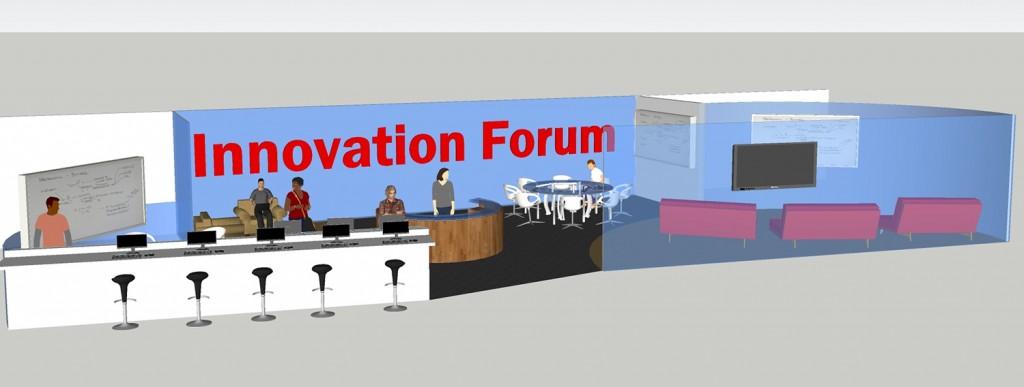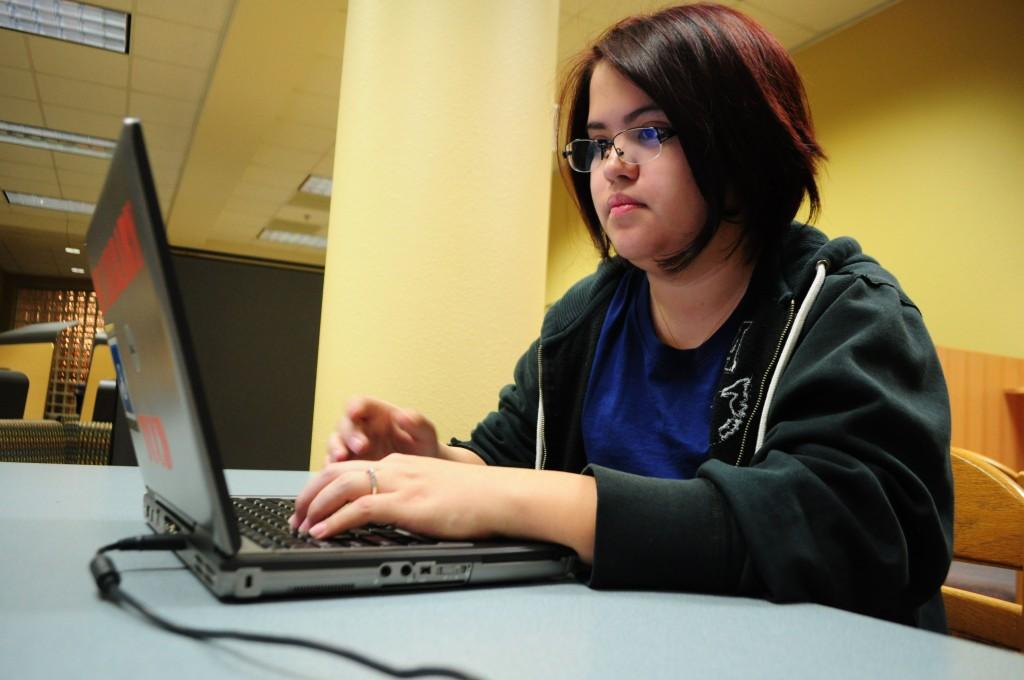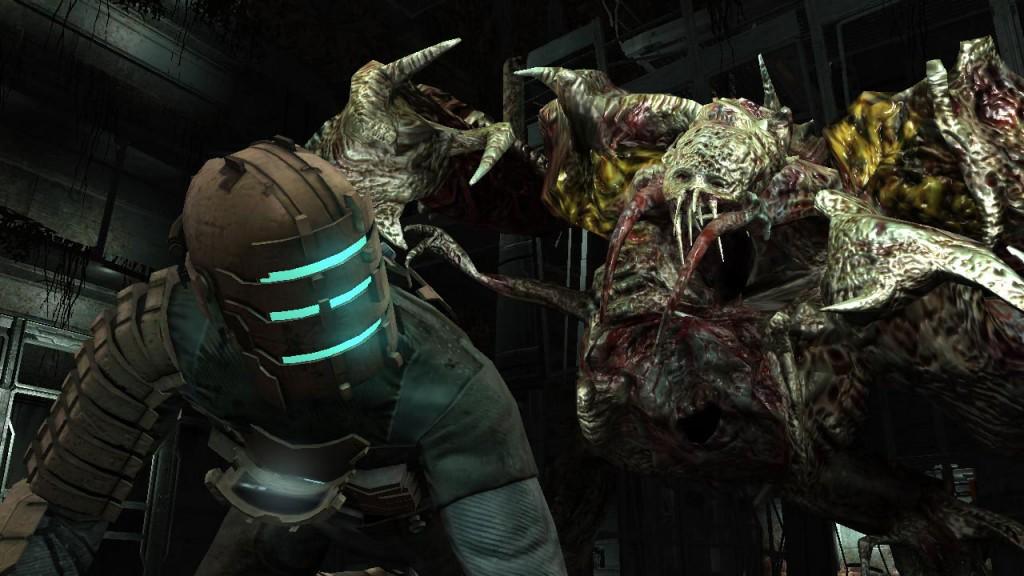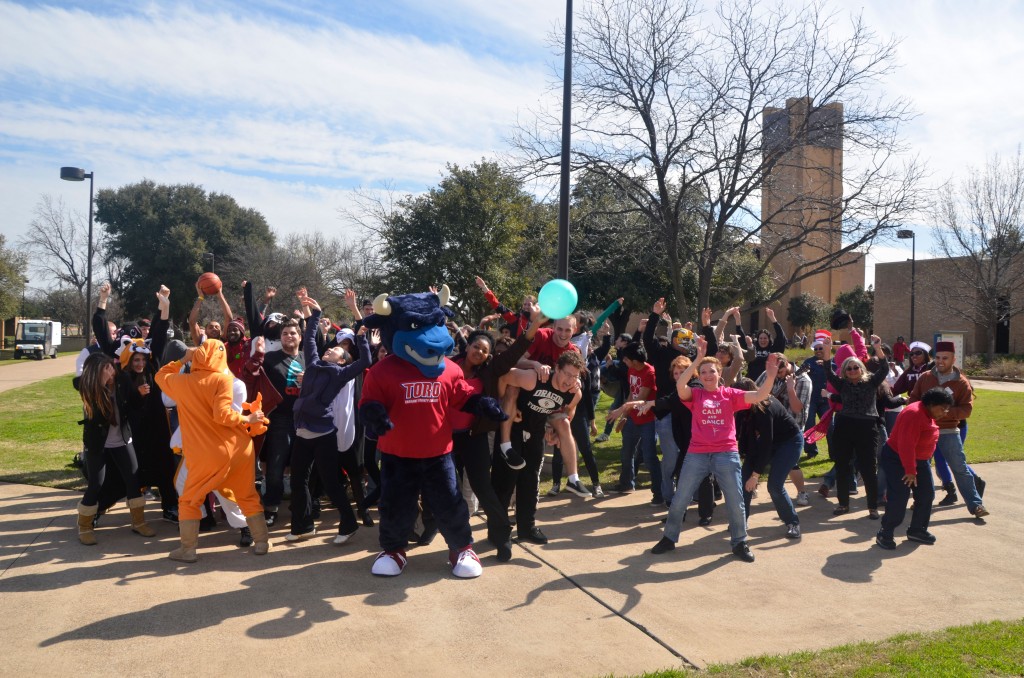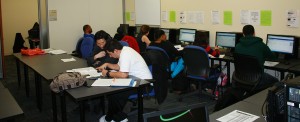
Photo by Carrie Duke/The Collegian
By Karen Gavis/editor-in-chief
With TCC spread across five campuses, all things are not equal. However, the college’s math emporiums could create more consistency for math students.
Right now, students who move from one campus to another expecting similarity may be surprised at the differences. While campuses such as TR have undergone recent math lab expansions, others have not. Rules for math testing can differ as well.
“Which calculator is allowed in college algebra is determined by the professor, at least on NE Campus,” said NE math instructor Kimberley Campbell.
Campbell says she does not allow calculators in college algebra because she wants students to use logic and learn concepts, not just calculator proficiency. However, extra math help sources are available.
“I typically refer students to the peer tutors available through Infinity, the math club. It is individualized, and it is free — and something we would love to see more students take advantage of,” she said.
A sign posted in NE’s math lab says extended amounts of time cannot be spent with one student.
However, Chancellor Erma Johnson Hadley said students who need specialized help can get a note from their instructor stating that additional lab help is needed.
NE student Marquita Wilson said she was not aware extra help sources existed and wonders why students are not better informed.
SE mathematics dean Thomas Awtry said differences among math labs are sometimes due to the facilities and that different campuses are trying different things.
“Some campuses don’t have the space and maybe don’t have the same numbers of computers dedicated to the math tutoring area,” he said.
The district’s new math emporiums, which are offered on all five campuses, are one way the college is trying to bring more consistency.
TCC began the emporiums last semester. For now, they are just for developmental classes, Awtry said. Students in the program take pre-tests and can skip material depending on the sections passed.
Classes have one teacher and two workers for 24 students, and the classes are technology-driven rather than traditional lecture-style. Dedicated students could take two or maybe three courses in one semester.
“You can move at your own pace,” he said. “What they [instructors] do is walk around the room, and they help you as needed.”
Expanded emporiums are planned on all campuses that will include 100-seat areas, breakout rooms, testing areas and laptop bars and should be on each campus by the end of next year. Awtry said the emporiums may end up being useful in others areas like reading and writing as well.
“This is the big topic in math right now,” he said.
TR student Patrick Johnson has moved from pre-algebra to trigonometry using both South and TR math labs.
“I’ve been campus-hopping,” he said.
Johnson said the math labs helped him the whole time. Although he said there was not much difference between the labs, he prefers the one on TR.
“They have more computers,” he said.
The district does seem to be moving toward trying to equalize things on the campuses, Awtry said.
“The goal of all this is to increase student success rates,” he said.
























